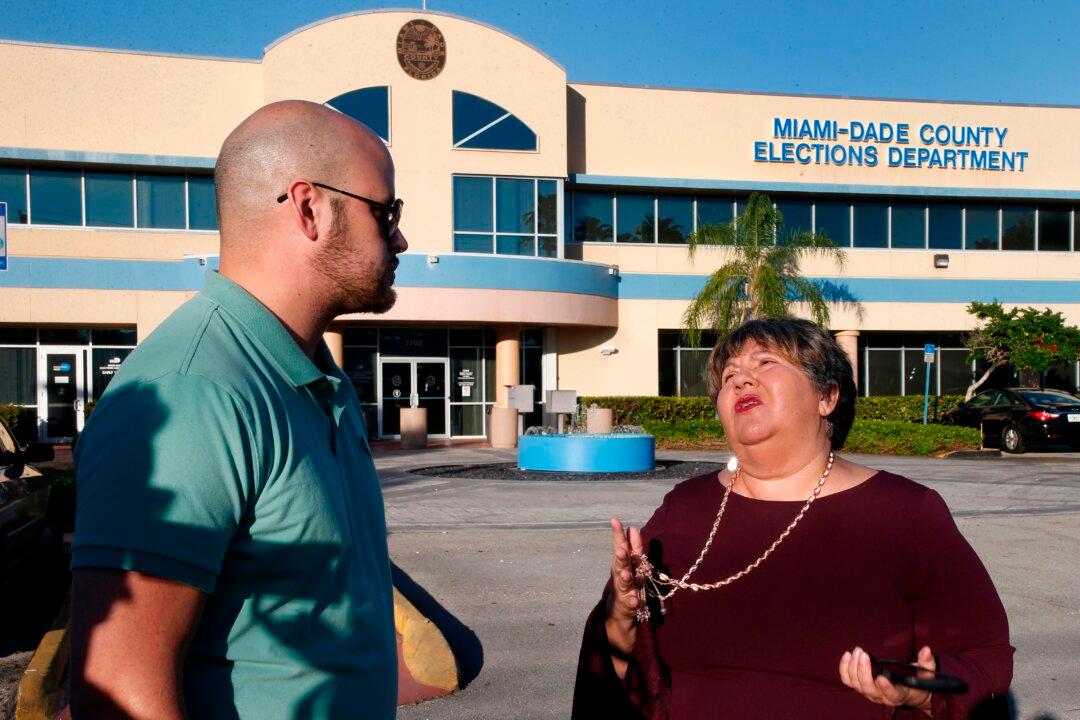Florida Gov. Ron DeSantis has taken the unusual step of asking his state’s Supreme Court to render an advisory opinion about whether the state’s up to 1.5 million felons have to pay all fines and fees imposed on them for their crimes before they become eligible to register to vote, the same subject dealt with in controversial legislation he recently signed into law.
Florida is viewed as a must-win state by both parties in next year’s presidential election, and the new legislation, which clarifies how a recent amendment to the state’s constitution is enforced, may affect voter turnout. University of Florida academic Daniel Smith estimates that fewer than 18 percent of felons no longer in custody or under supervision have satisfied outstanding fees and fines, according to The Tampa Bay Times.





